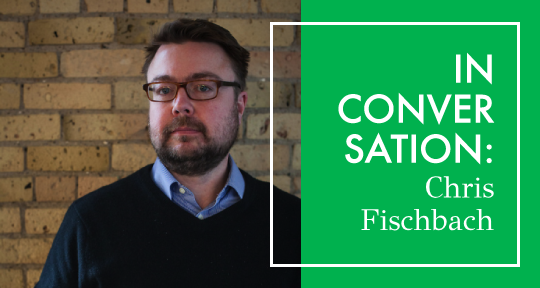Empty Words by Mario Levrero, translated from the Spanish by Annie McDermott, Coffee House Press, 2019
“The best part about Coffee House Press books is that they are often difficult to categorise, difficult to describe . . . because they are pushing the boundaries of form, language, syntax, genre, and so on,” says Chris Fischbach, publisher for Coffee House, in a recent interview with Asymptote’s Sarah Moses. Empty Words, the first book by Uruguayan author Mario Levrero to be translated into English (by Annie McDermott), fits this description to a tee. The premise is simple: the narrator, whose voice Levrero claims to be his own with some (potentially heavy) editing, is determined to alter his personality through altering his handwriting. Since, according to graphology, “there’s a profound connection between a person’s handwriting and his or her character,” surely altering one’s handwriting through diligent daily practice would bring about discernible changes in personality.



